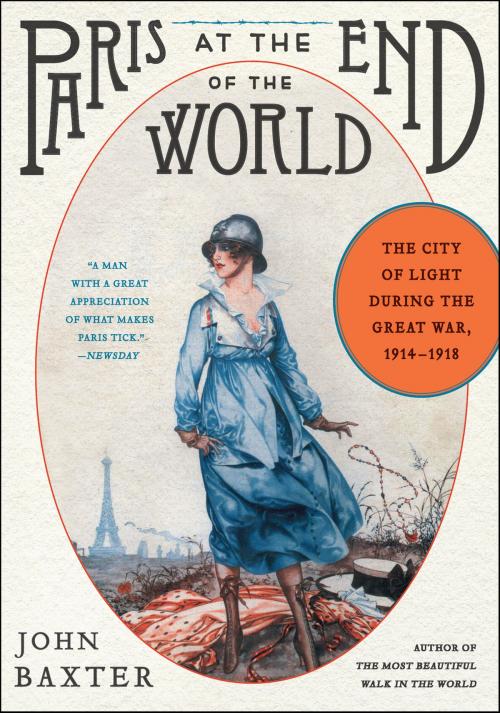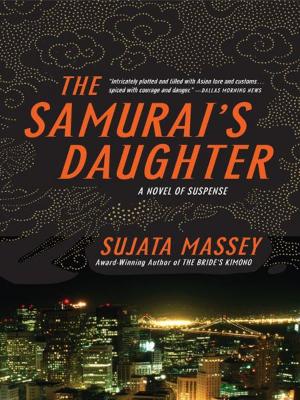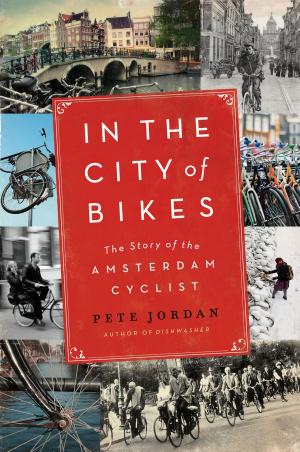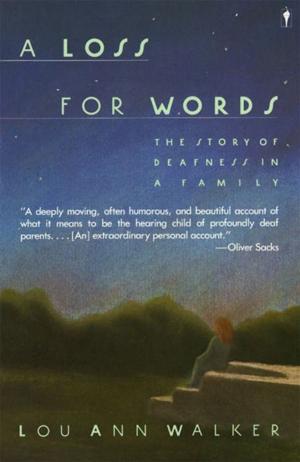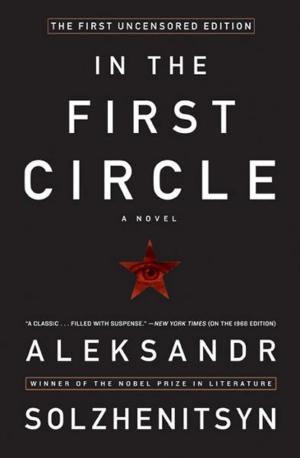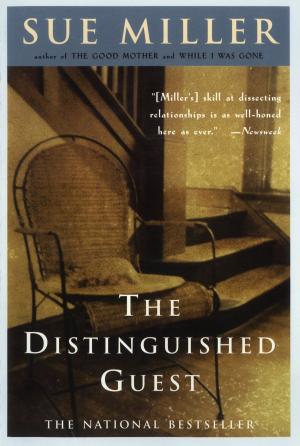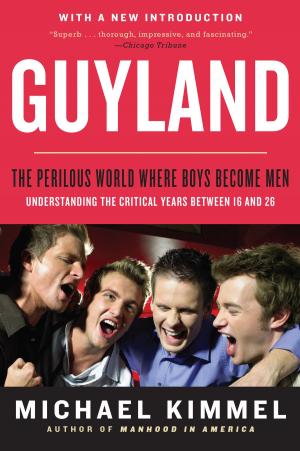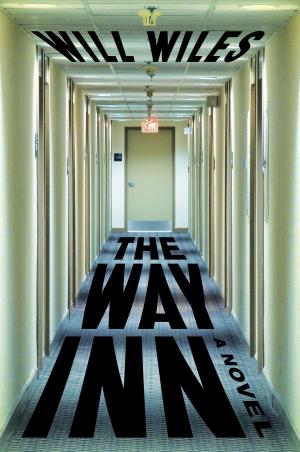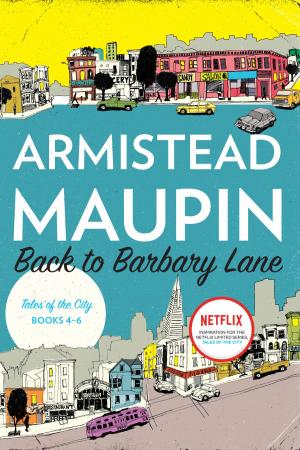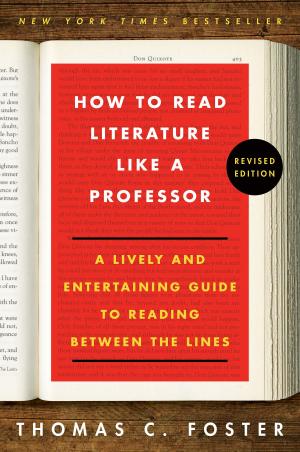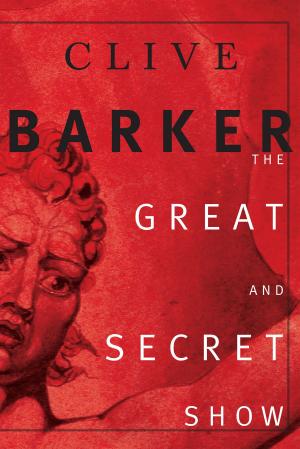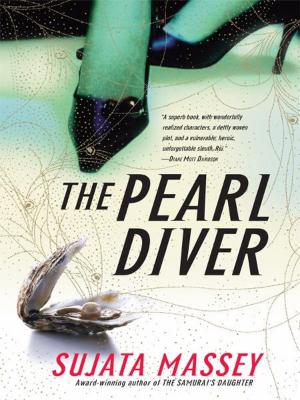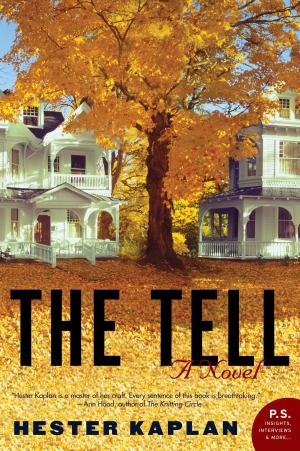Paris at the End of the World
The City of Light During the Great War, 1914-1918
Nonfiction, Travel, Europe, France, History, Military, World War I| Author: | John Baxter | ISBN: | 9780062221414 |
| Publisher: | Harper Perennial | Publication: | April 15, 2014 |
| Imprint: | Harper Perennial | Language: | English |
| Author: | John Baxter |
| ISBN: | 9780062221414 |
| Publisher: | Harper Perennial |
| Publication: | April 15, 2014 |
| Imprint: | Harper Perennial |
| Language: | English |
A preeminent writer on Paris, John Baxter brilliantly brings to life one of the most dramatic and fascinating periods in the city’s history.
From 1914 through 1918 the terrifying sounds of World War I could be heard from inside the French capital. For four years, Paris lived under constant threat of destruction. And yet in its darkest hour, the City of Light blazed more brightly than ever. It’s taxis shuttled troops to the front; its great railway stations received reinforcements from across the world; the grandest museums and cathedrals housed the wounded, and the Eiffel Tower hummed at all hours relaying messages to and from the front.
At night, Parisians lived with urgency and without inhibition. Artists like Pablo Picasso achieved new creative heights. And the war brought a wave of foreigners to the city for the first time, including Ernest Hemingway and Baxter’s own grandfather, Archie, whose diaries he used to reconstruct a soldier’s-eye view of the war years. A revelatory achievement, Paris at the End of the World shows how this extraordinary period was essential in forging the spirit of the city beloved today.
A preeminent writer on Paris, John Baxter brilliantly brings to life one of the most dramatic and fascinating periods in the city’s history.
From 1914 through 1918 the terrifying sounds of World War I could be heard from inside the French capital. For four years, Paris lived under constant threat of destruction. And yet in its darkest hour, the City of Light blazed more brightly than ever. It’s taxis shuttled troops to the front; its great railway stations received reinforcements from across the world; the grandest museums and cathedrals housed the wounded, and the Eiffel Tower hummed at all hours relaying messages to and from the front.
At night, Parisians lived with urgency and without inhibition. Artists like Pablo Picasso achieved new creative heights. And the war brought a wave of foreigners to the city for the first time, including Ernest Hemingway and Baxter’s own grandfather, Archie, whose diaries he used to reconstruct a soldier’s-eye view of the war years. A revelatory achievement, Paris at the End of the World shows how this extraordinary period was essential in forging the spirit of the city beloved today.
